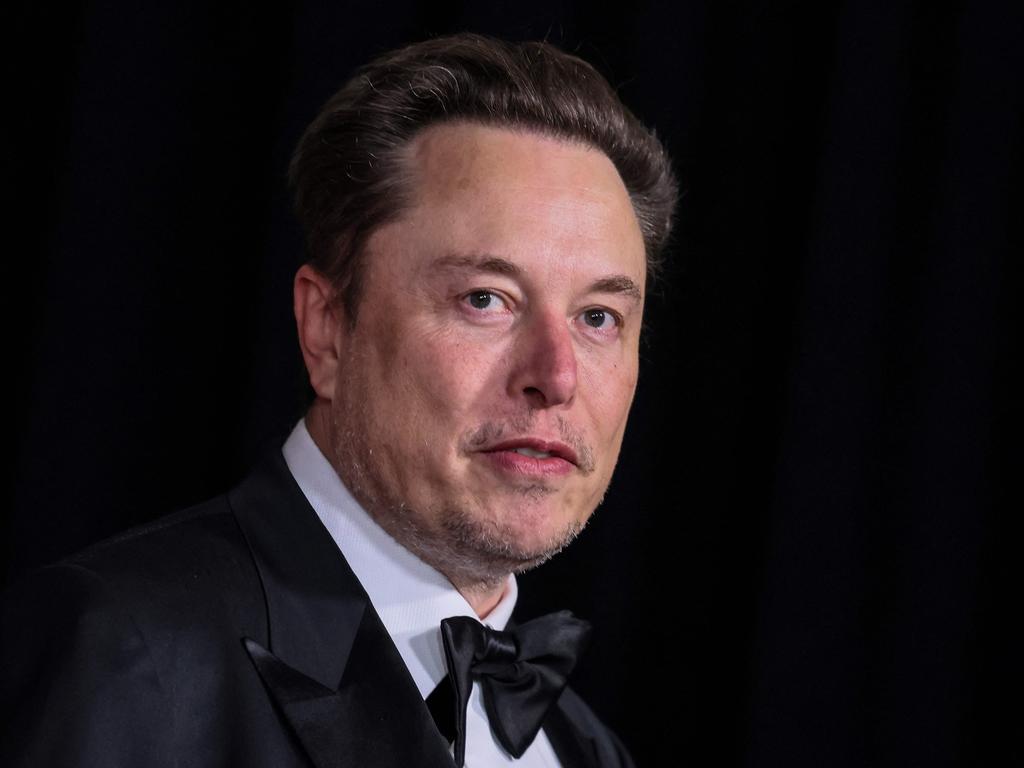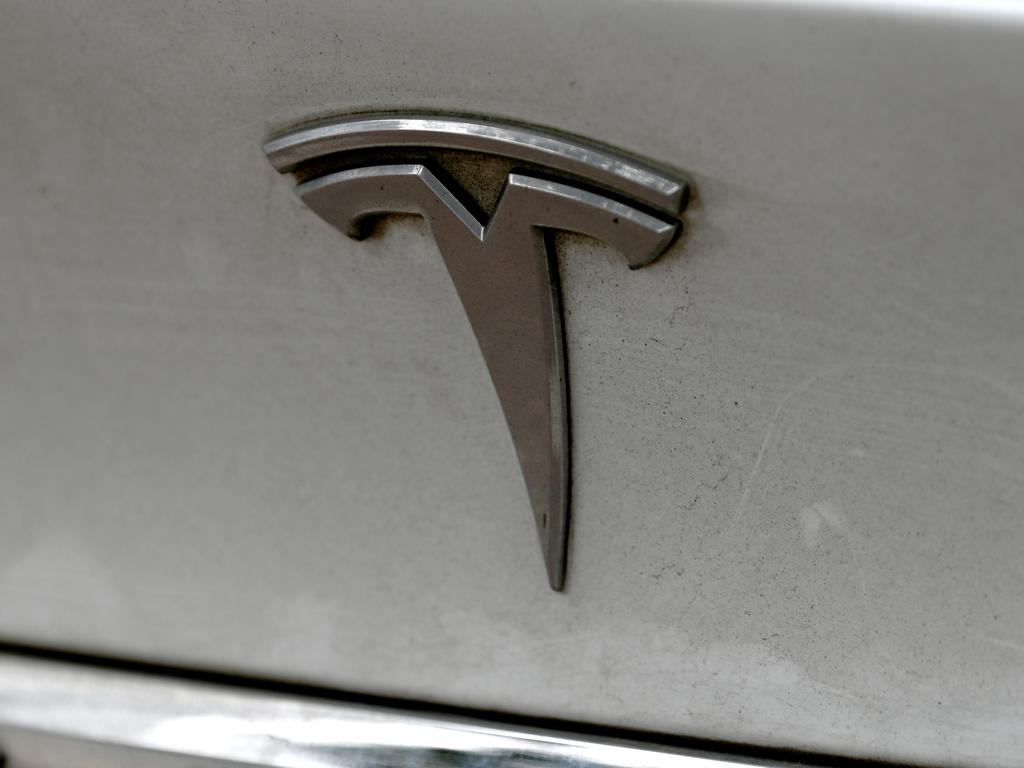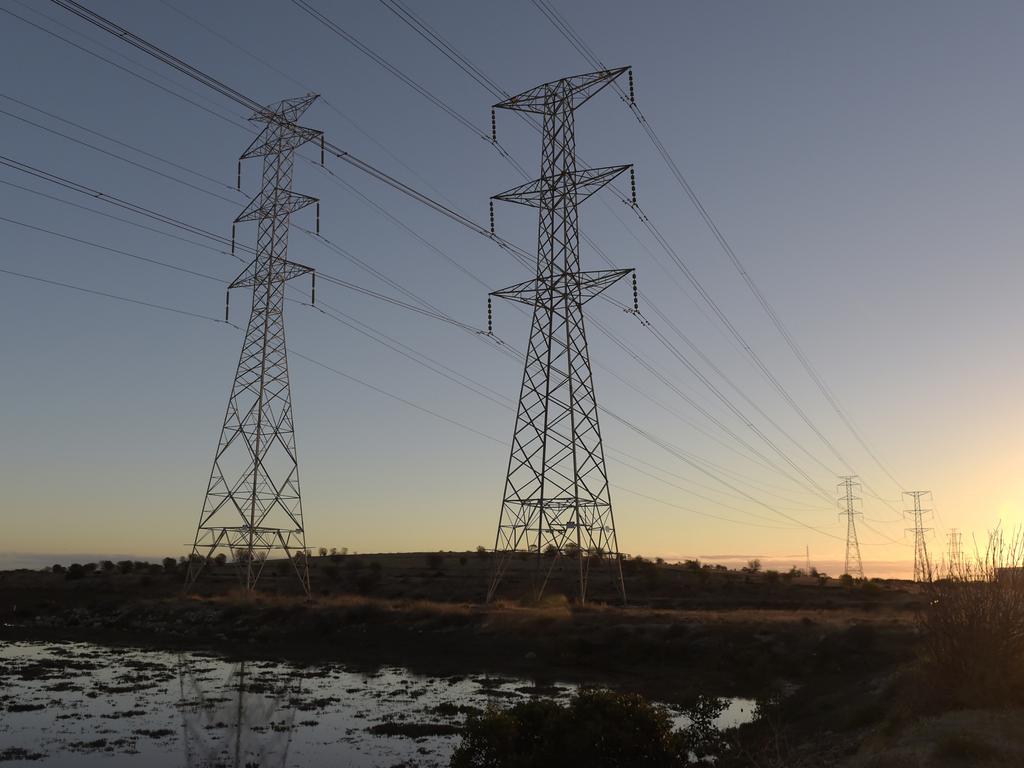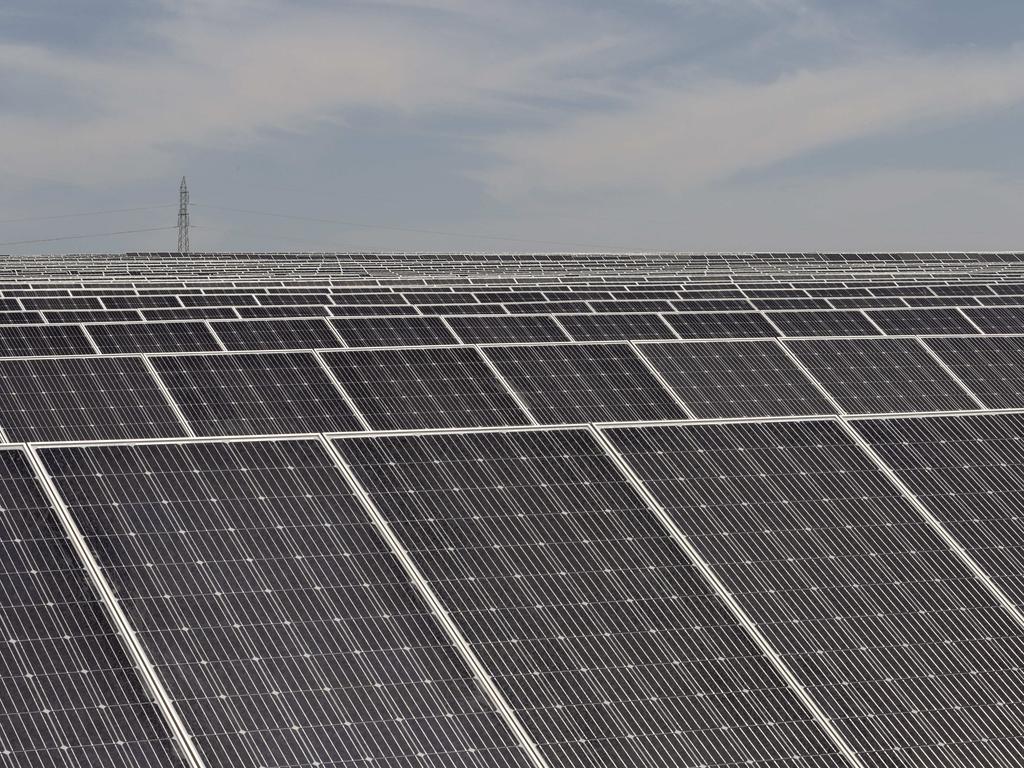‘Hand over the keys’: Tesla to sell $800 million virtual power plant in South Australia
There has been a major twist six years after a company run by the world’s richest man revealed a $800 million project in Australia.
It was hailed as the largest factory of its type in the world and the first of its kind in Australia — now, six years after it was announced, Elon Musk’s Tesla has called for bids on its $800 million virtual power plant.
When it was announced in 2018 by then-Premier Jay Weatherill, Tesla and the South Australian Government aimed to supply 50,000 households with 250 megawatts (MW) of output connected into the virtual power plant (VPP) within four years.
The energy was supposed to come from a combination of free solar batteries and Tesla Powerwall 2 home storage batteries.
According to a report by The Australian Financial Review, the sales pitch in front of potential buyers now shows the project expects to have 7000 Tesla Powerwall battery systems totalling 35MW capacity installed by the end of this year.
The SA Housing Trust and other Community Housing Providers have signed up for the VPP under a long-term master licence agreement, the pitch said.
Potential investors have been informed that Tesla’s VPP – which it claims is bigger even than the $7.8 billion AGL Energy VPP also in South Australia – comes with a five-year operational track record, the AFR reports.

The VPP is supplied, installed and serviced by the trillion-dollar company, and relies on its Autobidder software to assist households with rooftop solar to combine then trade their surplus (or deficit) with the grid in an aim to lower energy costs and encourage the generation of renewable energy.
Sources told the publication that Tesla has “proven the model and is now ready to hand over the keys, but would continue to install and manage the batteries for the new owner”.
The sale, which is being handled by Tesla’s long-time local energy projects adviser, Planum Partners, has been targeted at energy retailers and core-plus infrastructure. Per the AFR, Tesla expects binding bids by the end of this month, and for the sale to be wrapped up by December.


All of the systems are currently installed in public housing, as part of a deal with the SA Government. The VPP was opened to low-to-moderate income tenants in community housing earlier this year, in an initiative with Unity Housing.
Based on average tenant household usage, Unity Housing tenants were told they could save up to $562 a year – or 25 per cent off SA’s default market offer.
Unity Housing CEO Matthew Woodward described the partnership at the time as a “game-changer” for the national community housing sector – one that benefited both residents and the environment in equal measure.
“Unity Housing tenants will be the first in the community housing sector to share the benefits of cheaper and renewable energy at scale by participating in this scheme at a time when household budgets are under increasing pressure from rising living costs,” Mr Woodward said in June.
“That’s what makes this initiative so important – it provides people in greatest need with no-cost green energy infrastructure that will help manage the household budget, reducing stress and anxiety and improving health and wellbeing, while helping the environment. It’s a win, win, win.”

South Australia is largely seen as Australia’s leading jurisdiction on renewable energy, with a target of 100 per cent new renewables by 2027. According to the VPP pitch, as of 2023 75 per cent of the state’s power demand is being met by wind and solar energy.
Our other states, however, are steadily catching up.
Just this week, Mr Musk – the world’s richest man and Donald Trump’s powerful new efficiency tsar – shared a post on his platform, X, about the rapid growth of rooftop solar in Western Australia, which now accounts for a whopping 80.5 per cent of the state’s electricity generation.
At 1.30pm on Monday, solar output mainly from rooftop installations generated a total of 2.12 gigawatts across the state, according to data from the Australian Energy Market Operator.
The amount of electricity generated by fossil fuels in WA at that same moment in time paled in comparison, with natural gas and coal powering only 8.6 per cent and 8.3 per cent of homes, respectively.
“Solar power will be the vast majority of power generation in the future,” Mr Musk wrote.





